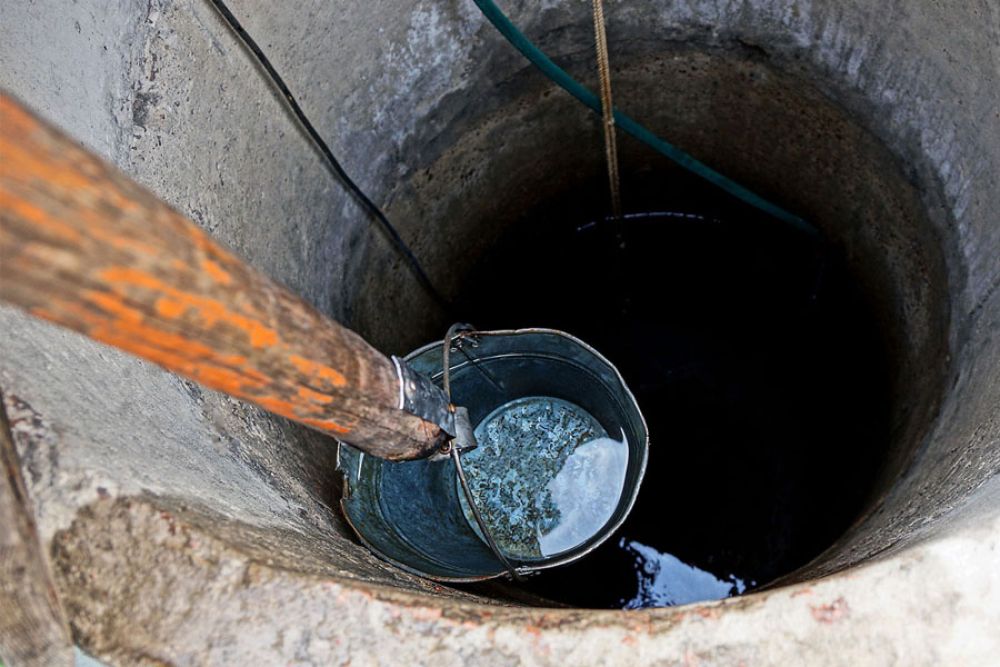

The city of Sidon, located on the coast of Lebanon, is rich with history dating back to ancient times. Among its many historical treasures is the Old Well and Cistern, which is a testament to the city's engineering and architectural accomplishments. This site reflects the ingenuity of ancient Sidonians in water management and storage, crucial for the city's prosperity in an era when water was a scarce and valuable resource. The cistern, in particular, was a strategic facility for collecting and storing fresh water, serving the local community through various historical periods.
The Sidon Sea Castle is another emblematic monument in Sidon, Lebanon. This medieval fortress dates back to the 13th century and was built by the Crusaders on a small island connected to the mainland by a causeway. Over the centuries, it has stood as a sentinel guarding the city. Despite the toll of time and conflict, the castle remains a significant sight for visitors, offering not only a glimpse into the region’s medieval past but also panoramic views of the Mediterranean Sea.
Lebanon's history of tourism is as rich and varied as its cultural heritage. In the early 20th century, Lebanon became a popular destination among European and Middle Eastern travelers drawn to its mild climate, diverse landscapes, and cosmopolitan vibe. The capital, Beirut, was often referred to as the "Paris of the Middle East" for its vibrant lifestyle and cultural sophistication.
However, the Lebanese Civil War from 1975 to 1990 greatly impacted the country's tourism industry. It wasn't until the early 2000s that Lebanon began to experience a revival in tourism, fueled by a period of stability and government initiatives to promote the nation's cultural and historical assets.
Most recently, Lebanon has been embracing a trend that combines its historical sites with contemporary cultural experiences. There has been an emphasis on the promotion of eco-tourism, adventure tourism, and wine tourism, taking advantage of the country's diverse terrain and rich soil. Additionally, the local cuisine, recognized worldwide for its unique flavors and ingredients, plays a significant role in attracting gastronomy enthusiasts.
Unfortunately, Lebanon has faced several challenges including economic hardships and the tragic Beirut port explosion in August 2020. These events have put a strain on the tourism industry once again. Nevertheless, the resilience of the Lebanese people coupled with the country's outstanding cultural and natural heritage suggests a potential for recovery and growth in the tourism sector in the years to come.
In response to global changes and challenges, Lebanon's tourism industry has been working towards sustainable and resilient practices. Travelers are now looking for more authentic experiences that involve immersion in local culture, history, and nature. There is also a growing awareness of the importance of preserving the environment and supporting local communities. Therefore, sustainable lodging options and community-based tourism initiatives are gaining popularity in Lebanon, offering visitors a chance to contribute positively while discovering the rich tapestry of Lebanese heritage.